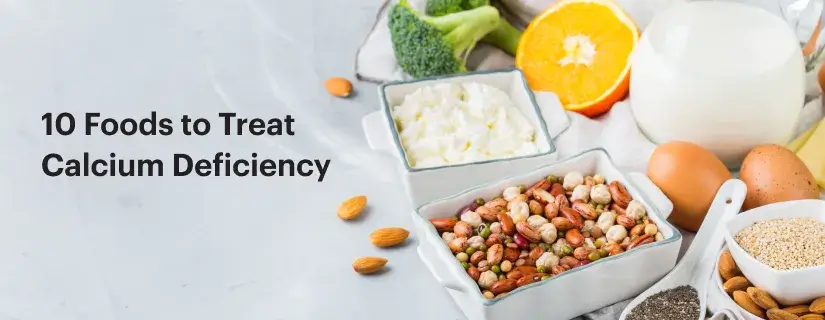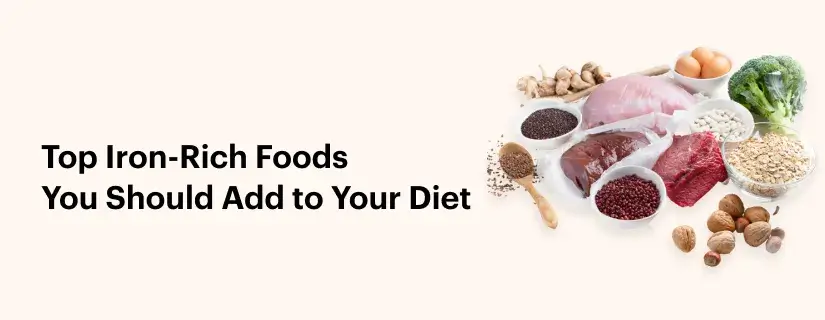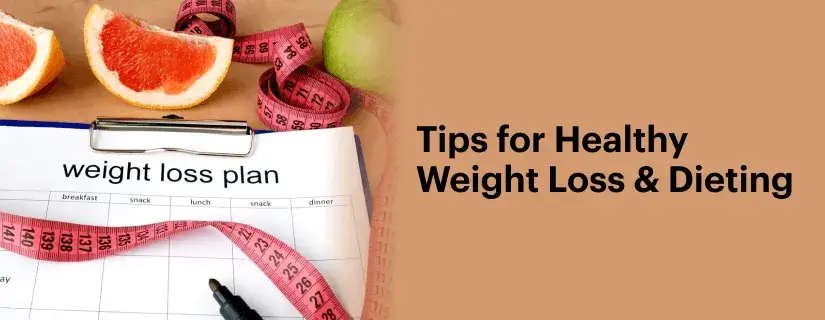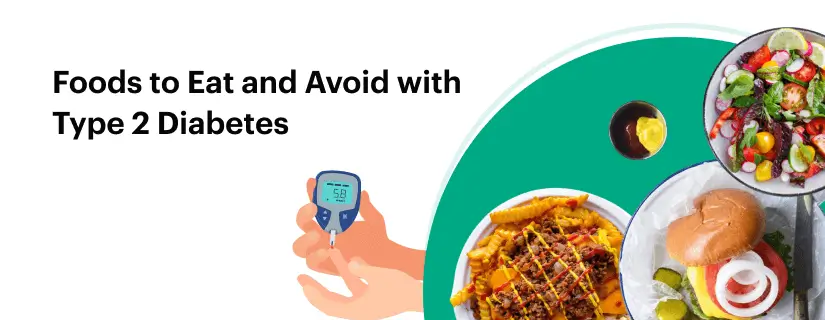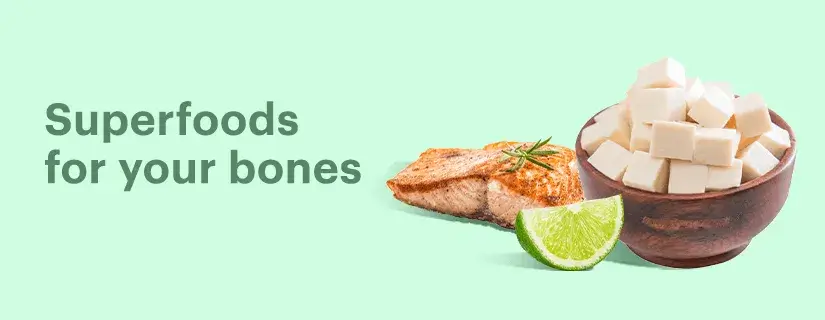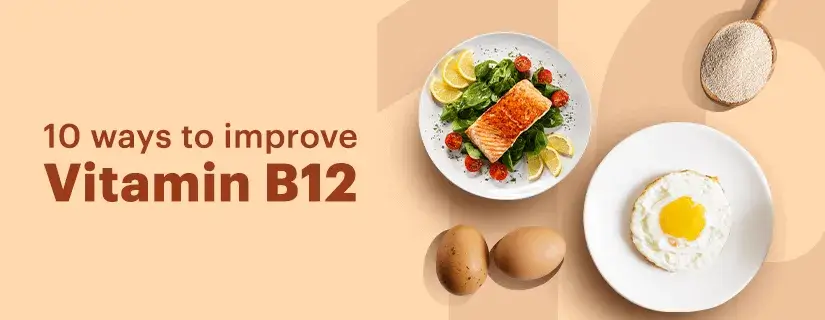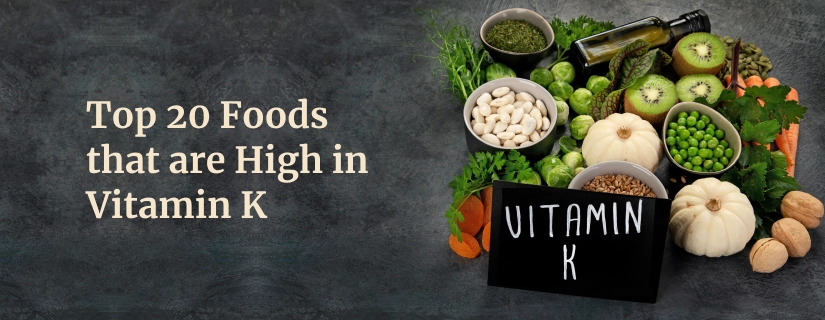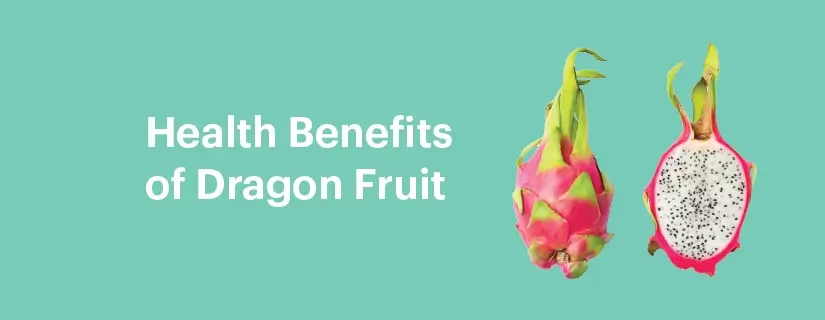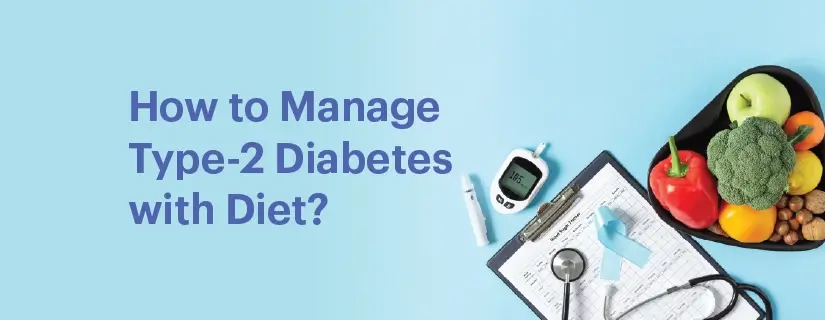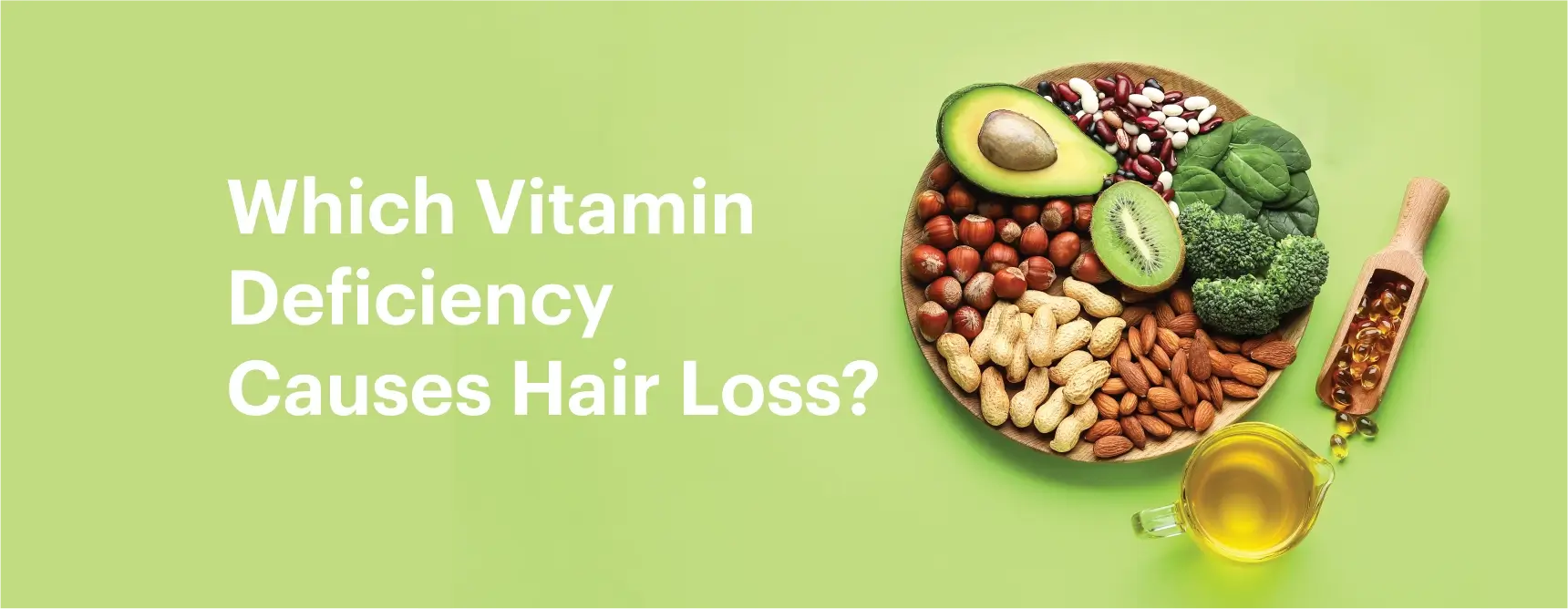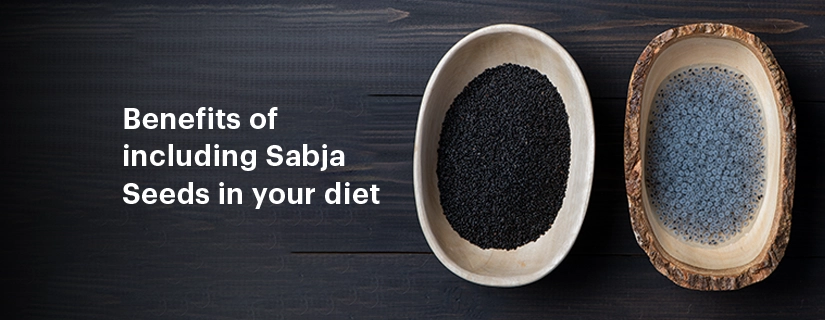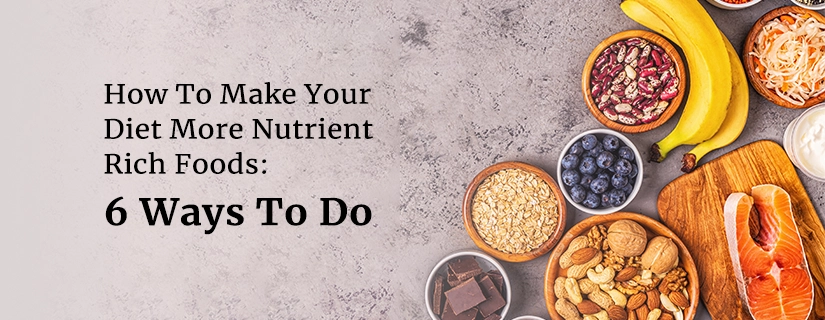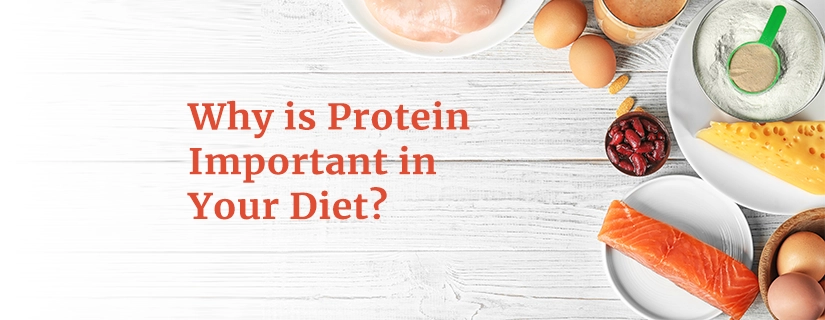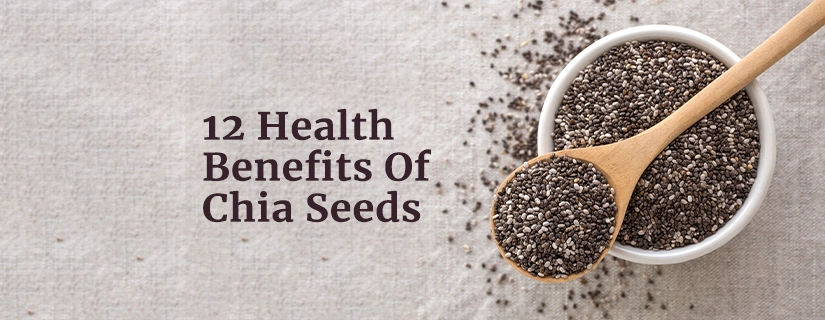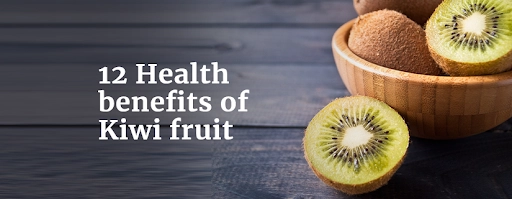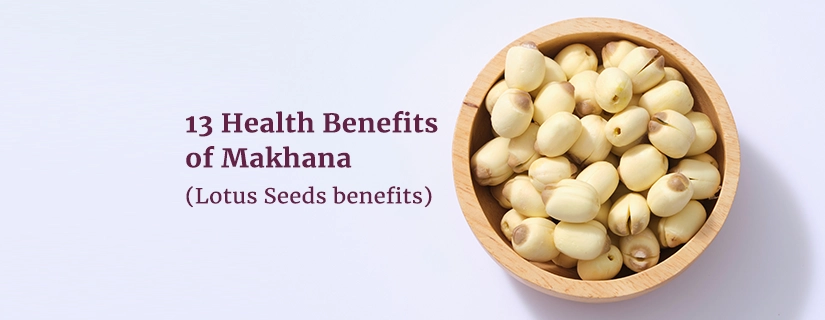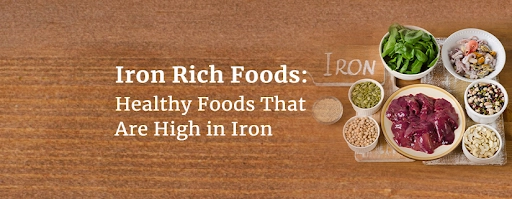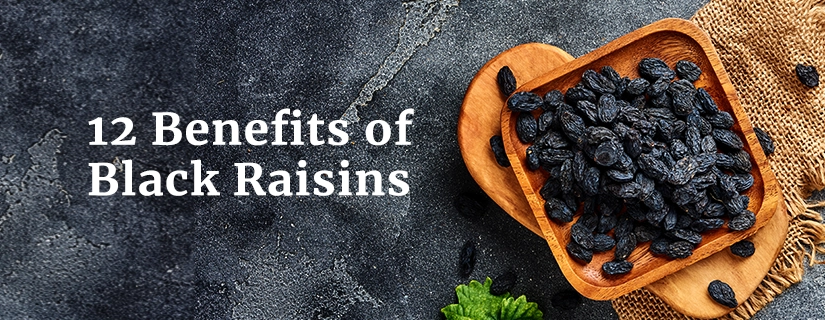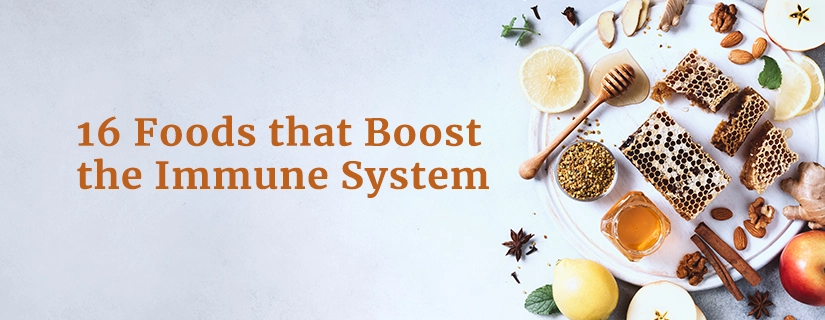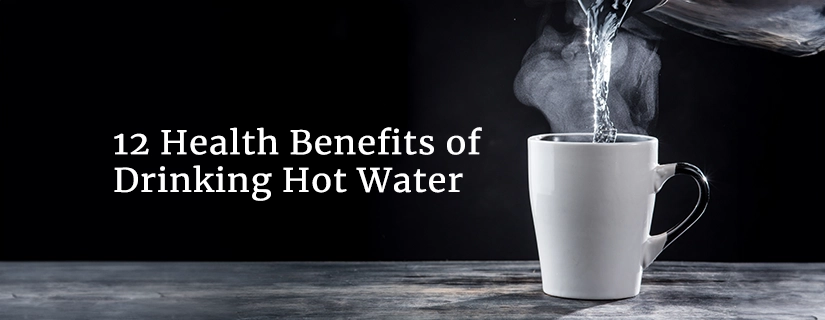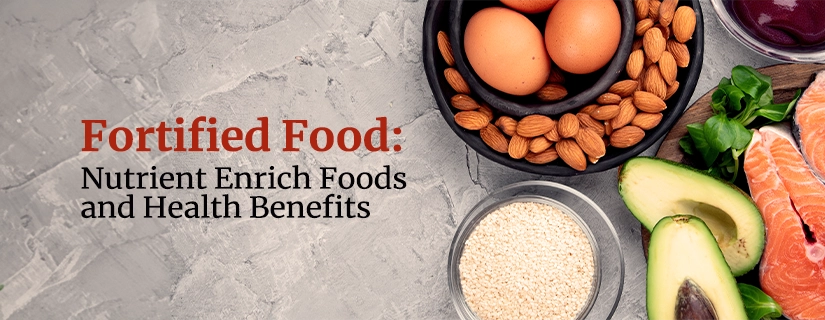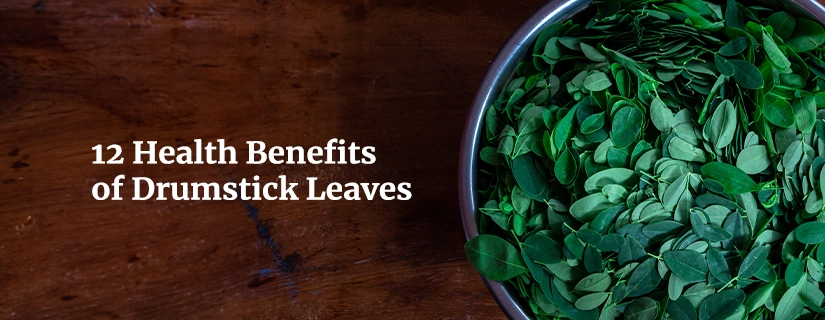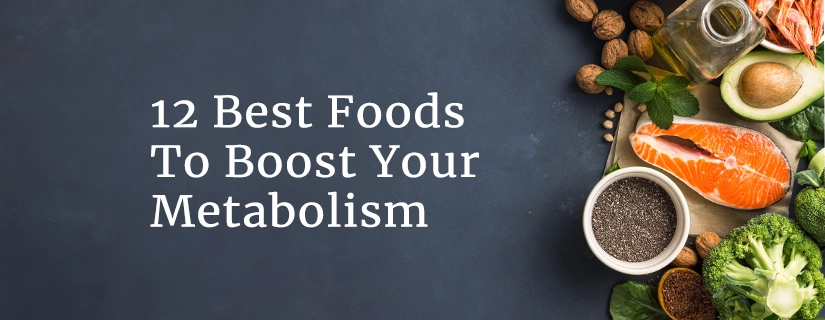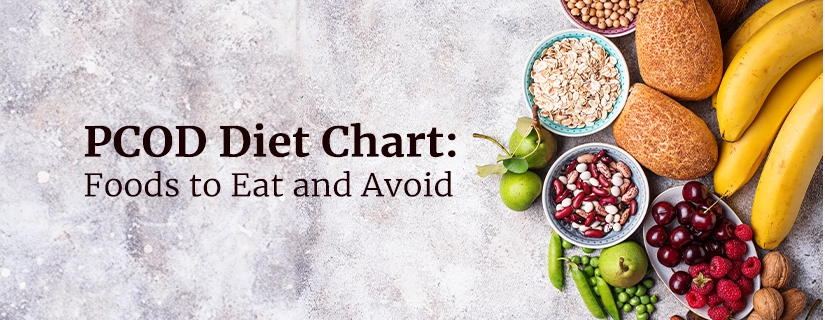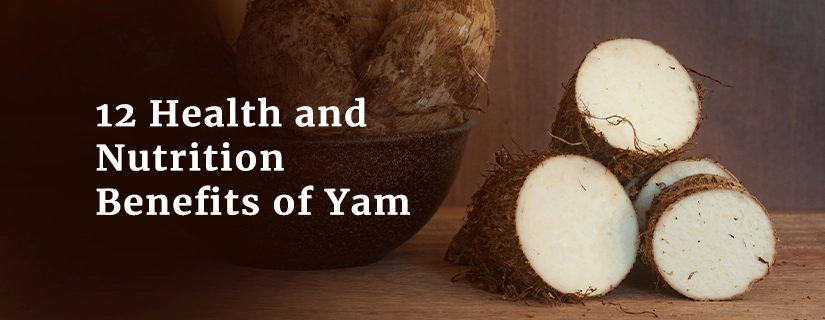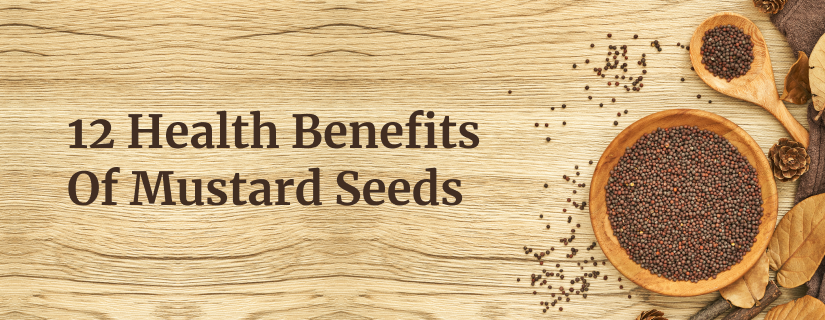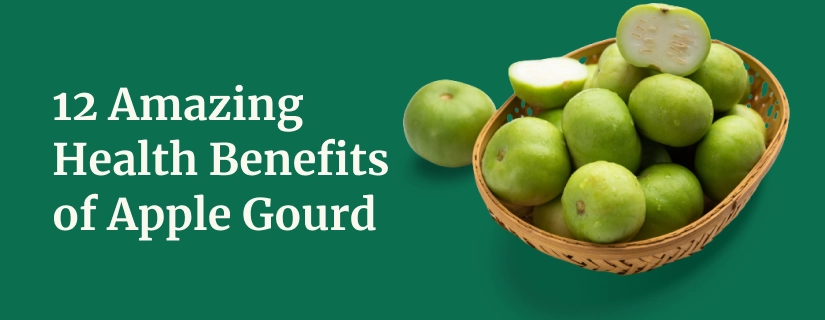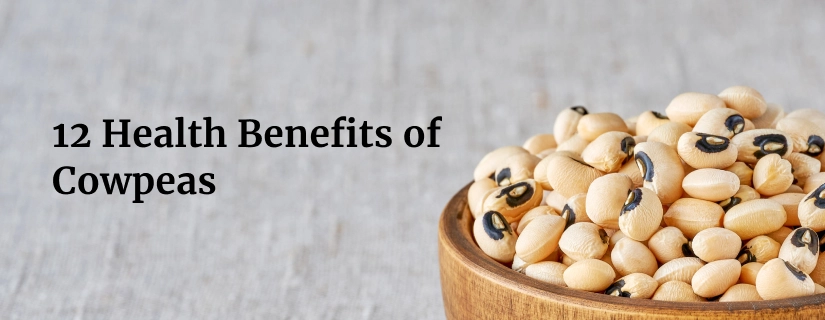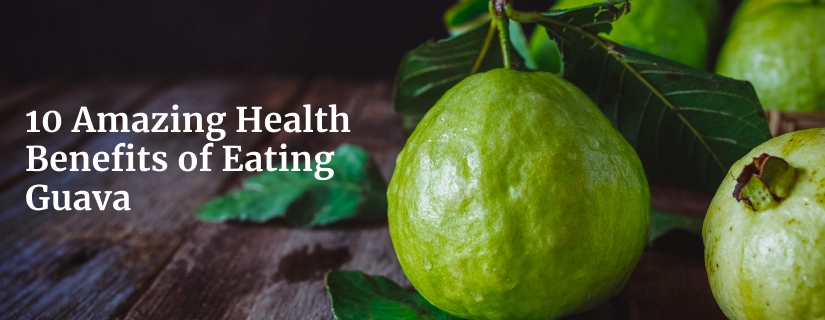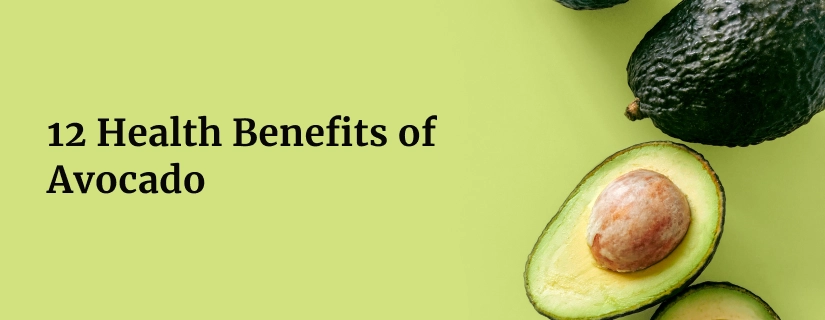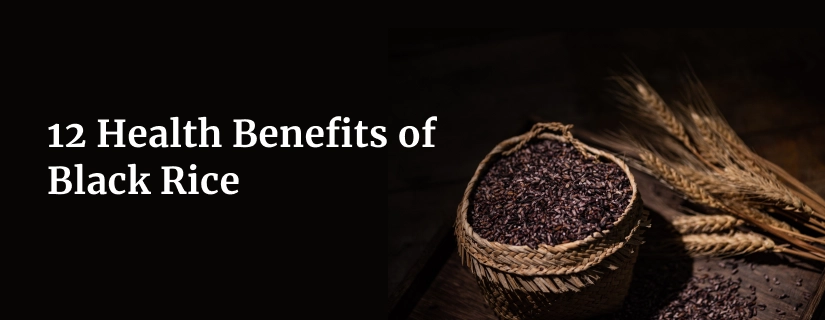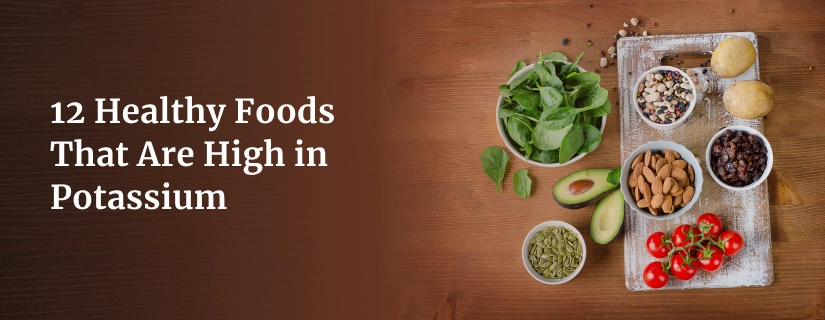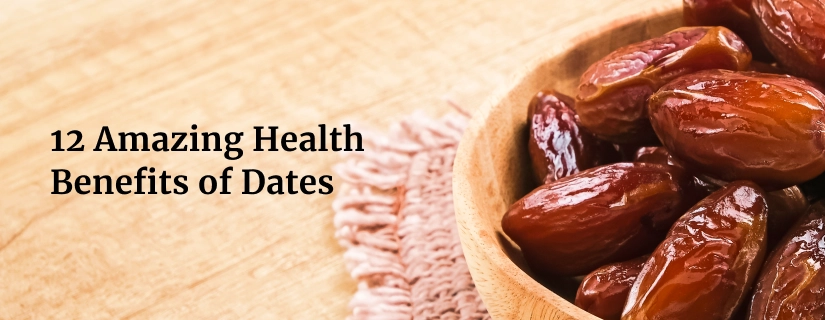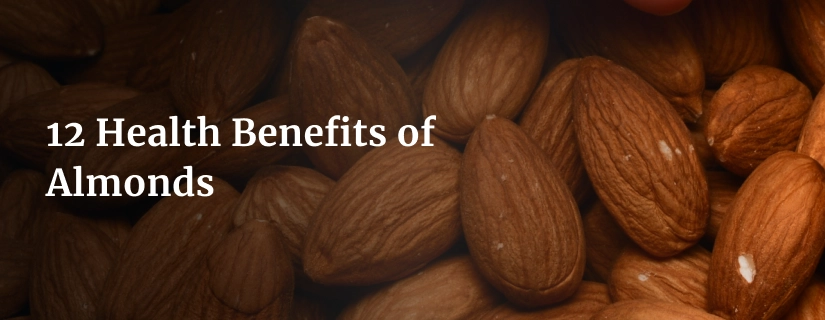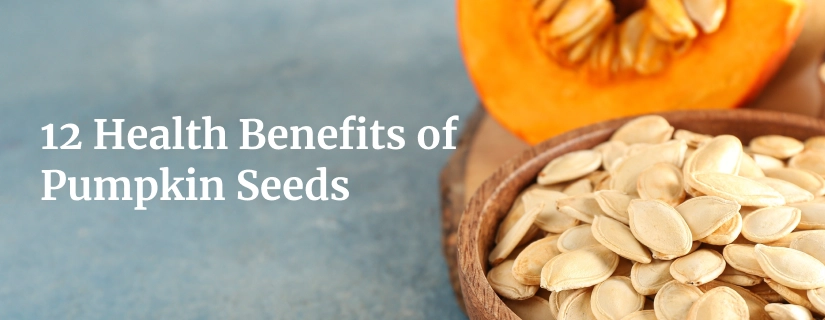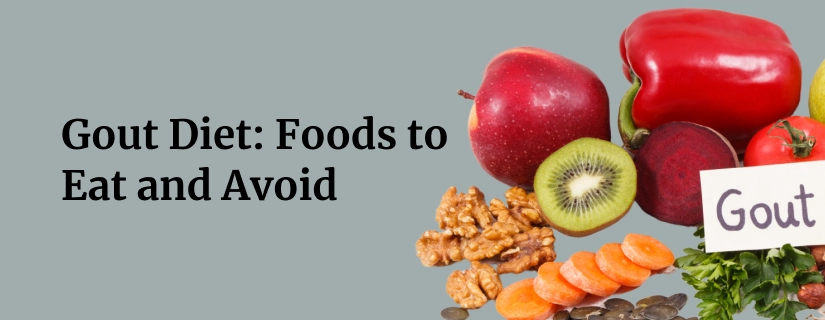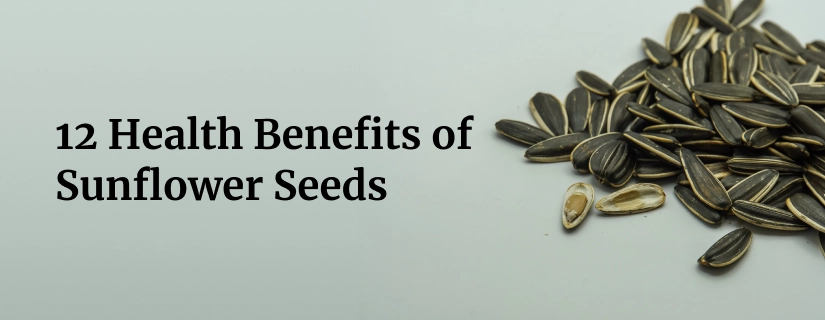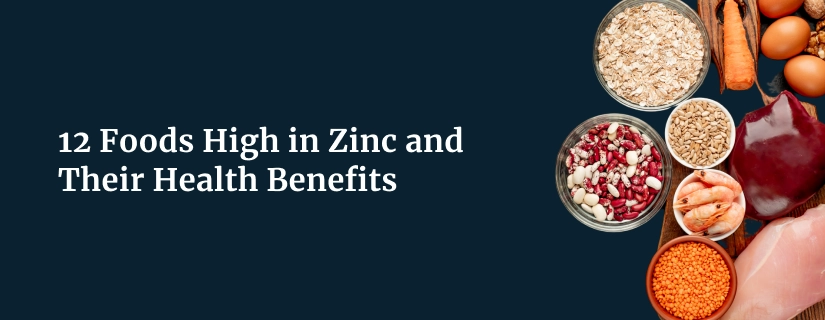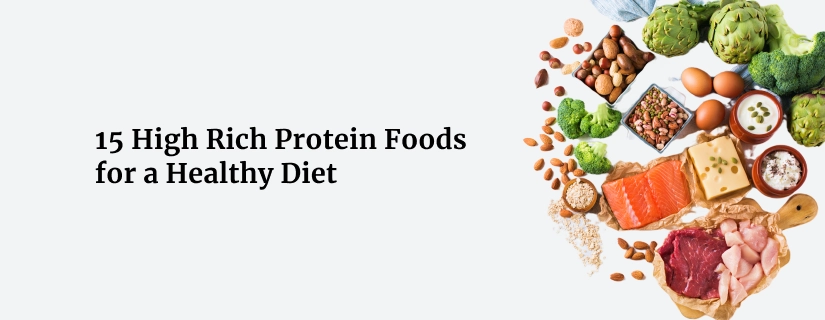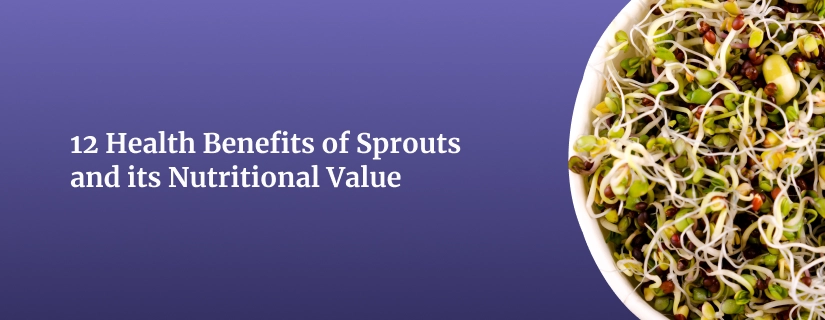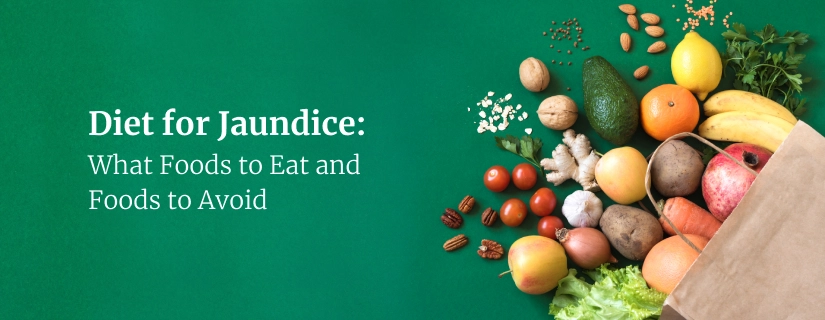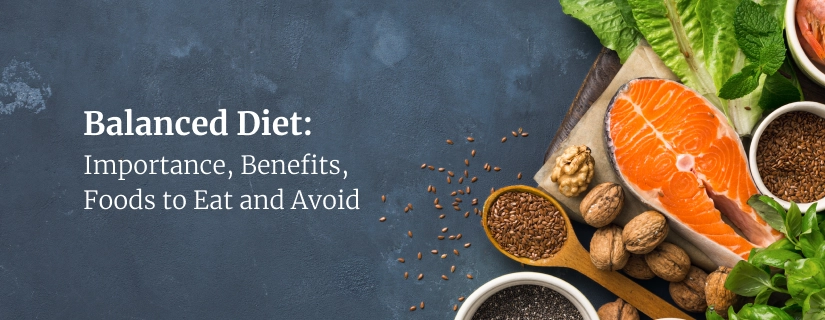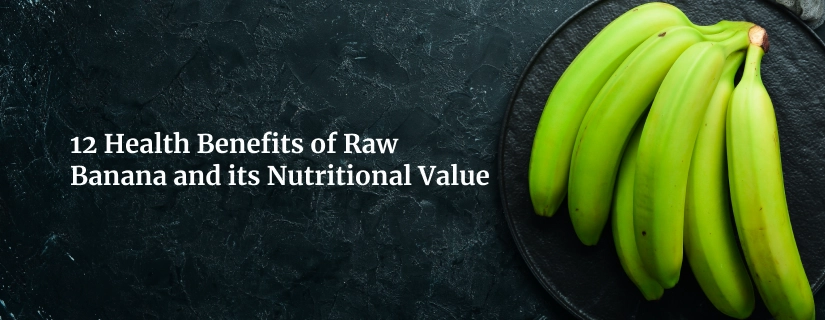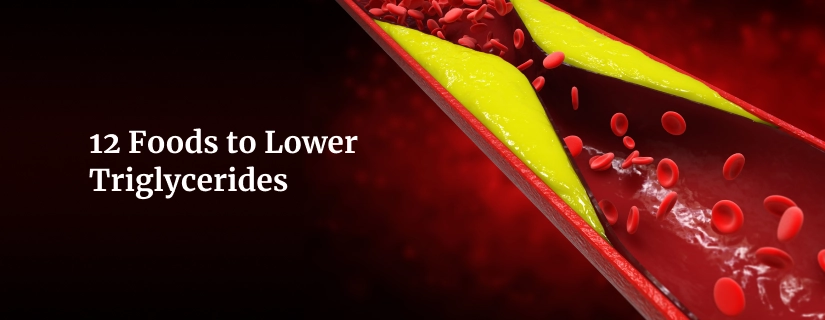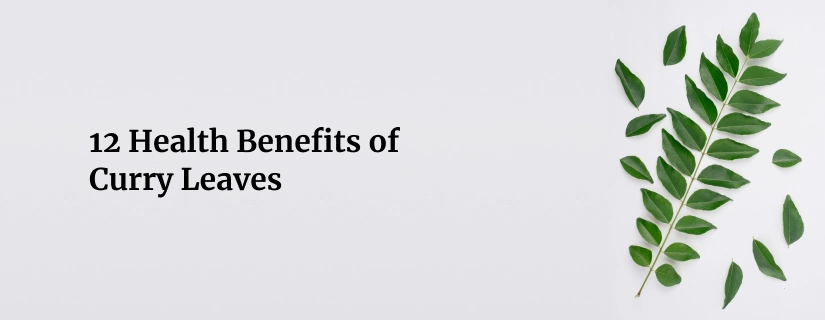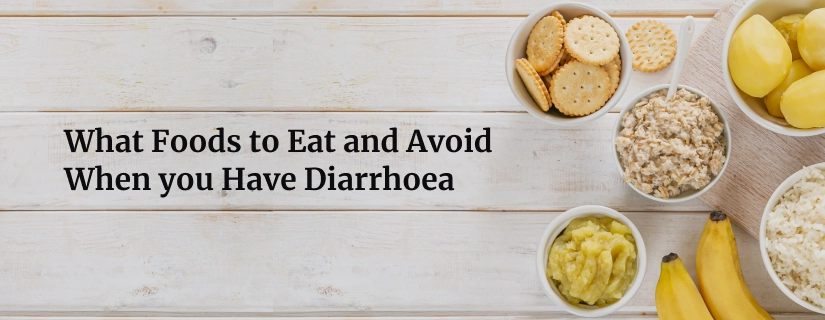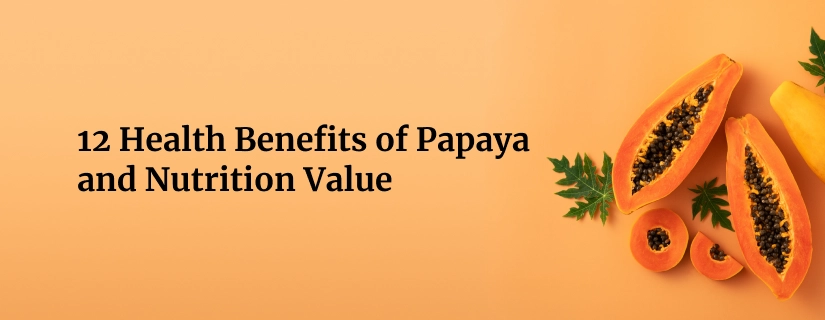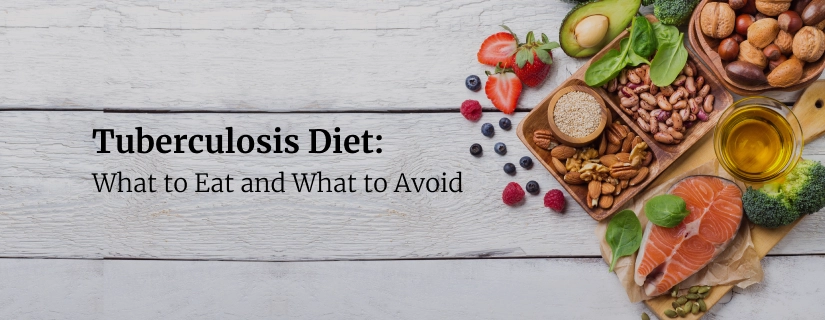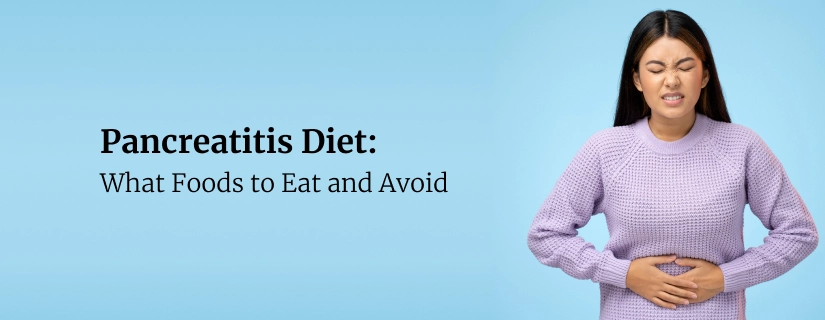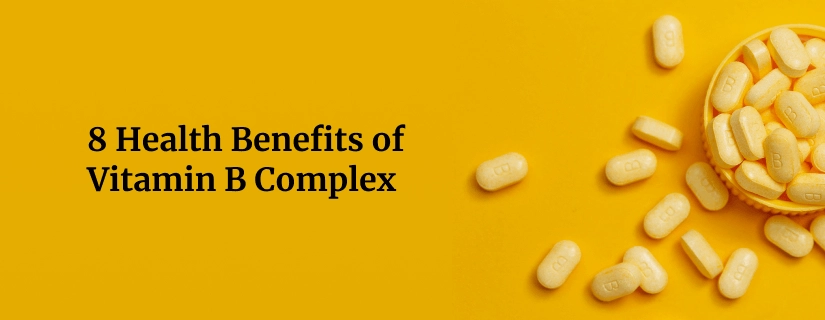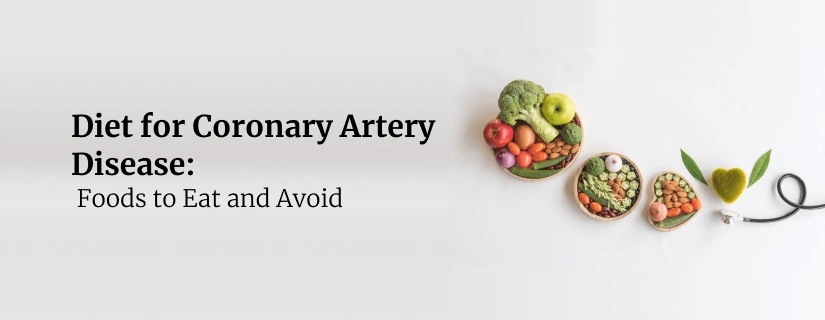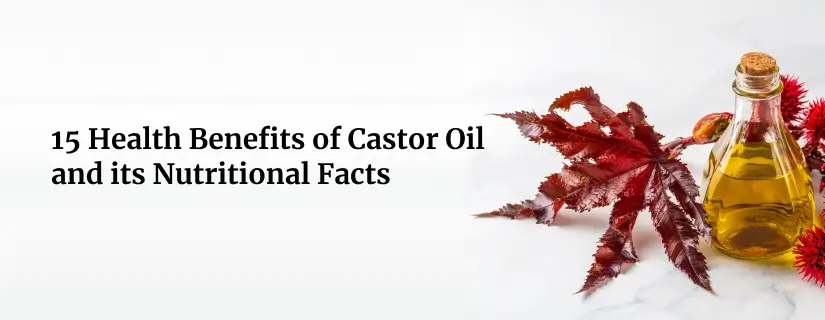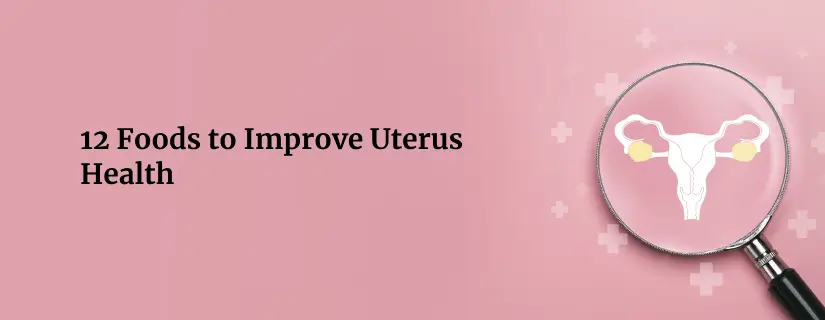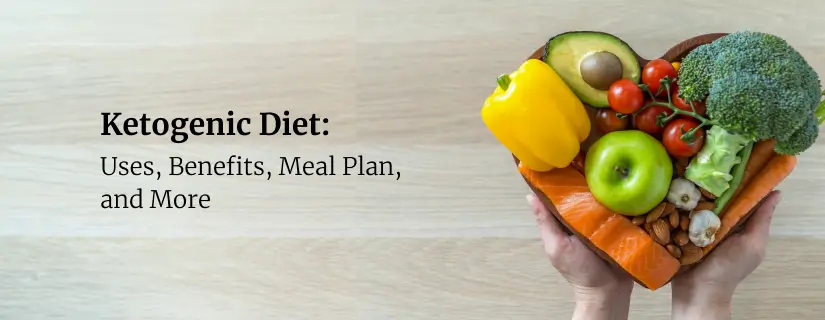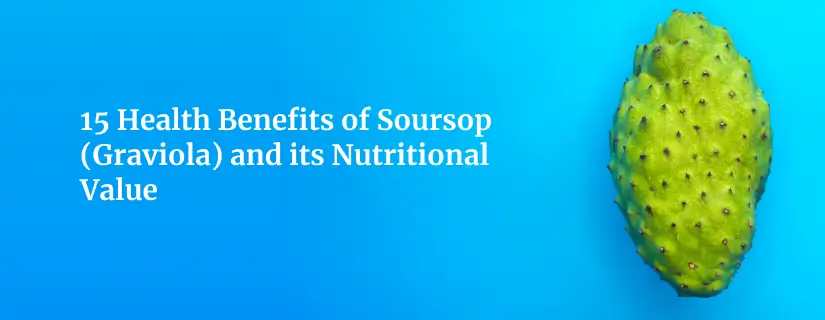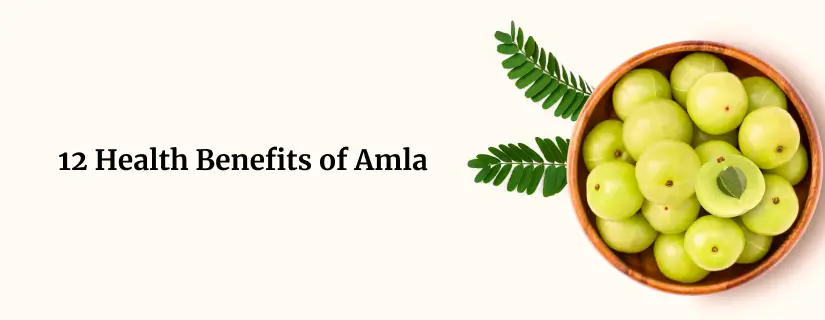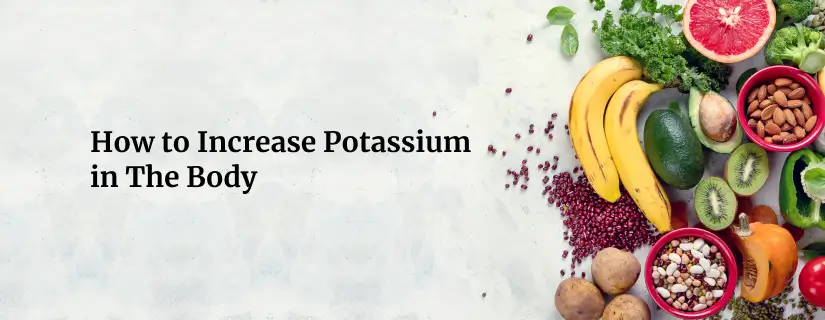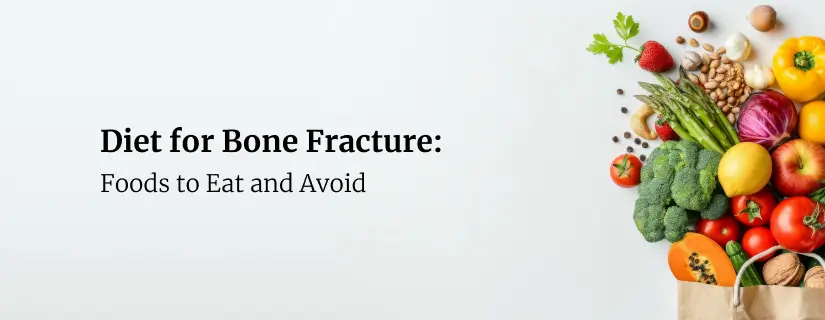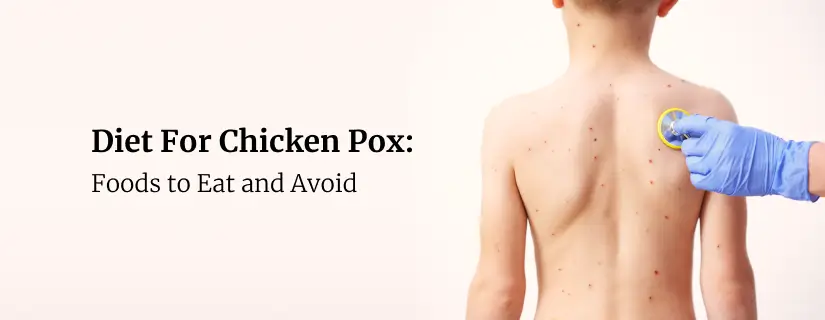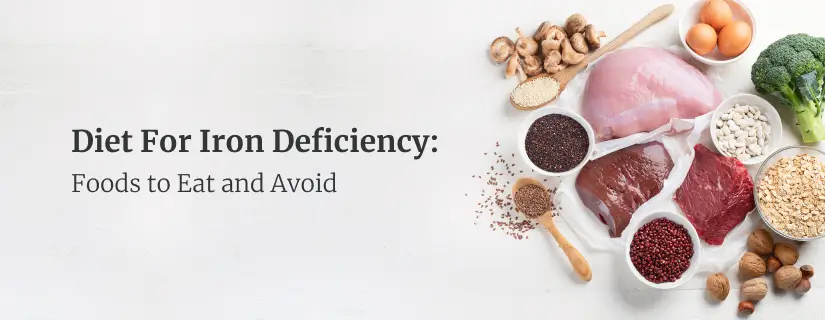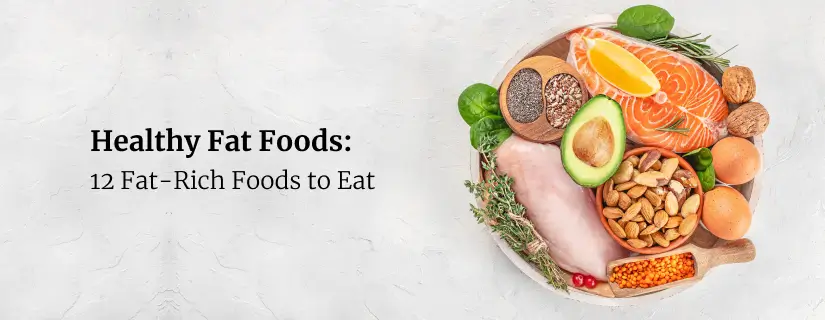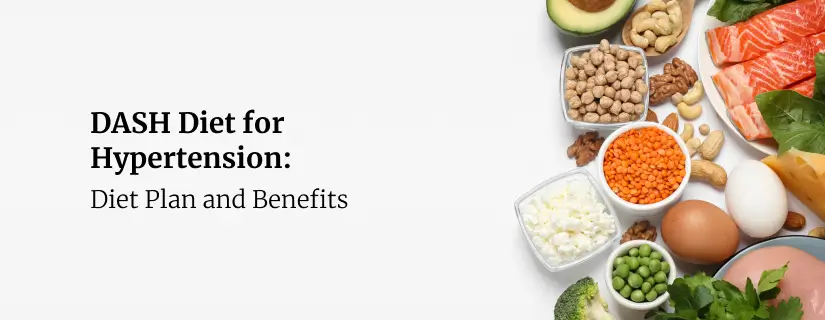-
Doctors
-
Specialities & Treatments
Centre of Excellence
Specialties
Treatments and Procedures
Hospitals & Directions HyderabadCARE Hospitals, Banjara Hills CARE Outpatient Centre, Banjara Hills CARE Hospitals, HITEC City CARE Hospitals, Nampally Gurunanak CARE Hospitals, Musheerabad CARE Hospitals Outpatient Centre, HITEC City CARE Hospitals, Malakpet
HyderabadCARE Hospitals, Banjara Hills CARE Outpatient Centre, Banjara Hills CARE Hospitals, HITEC City CARE Hospitals, Nampally Gurunanak CARE Hospitals, Musheerabad CARE Hospitals Outpatient Centre, HITEC City CARE Hospitals, Malakpet Raipur
Raipur
 Bhubaneswar
Bhubaneswar Visakhapatnam
Visakhapatnam
 Nagpur
Nagpur
 Indore
Indore
 Chh. Sambhajinagar
Chh. SambhajinagarClinics & Medical Centers
Book an AppointmentContact Us
Online Lab Reports
Book an Appointment
Consult Super-Specialist Doctors at CARE Hospitals
7 Most Common Nutrient Deficiencies and How to Prevent
Updated on 12 October 2022
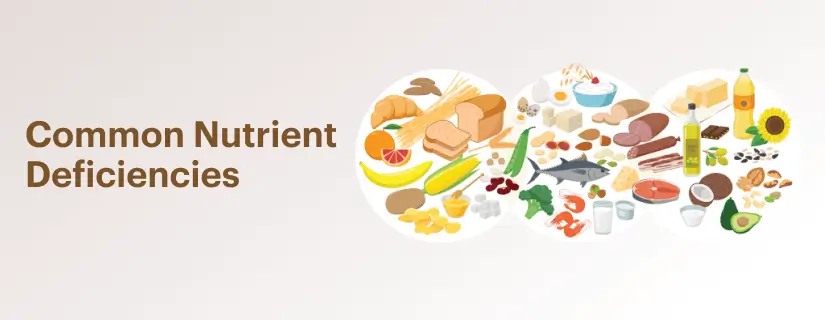
We all know that nutrients are extremely good for health. We must consume as many nutrients as possible to make ourselves fit and healthy. A balanced diet is key to remaining healthy as it contains all the nutrients required for our well-being. This article covers common symptoms of nutrient deficiency, some common nutrient deficiencies, and the best diet plan for a healthy life along with the ways you can easily overcome them by having the right food. So, let us begin!
Foods for Iron Deficiency
Iron is one of the most essential minerals required to stay healthy. It is a large component of red blood cells that is responsible for binding haemoglobin and transporting oxygen to your cells.
Noticing symptoms of iron deficiency is very easy as it affects around 25% of people worldwide. Women and children must take special care as this deficiency is primarily seen in them. The most common consequence of such deficiency is anaemia, wherein the number of red blood cells and the ability of the body to carry oxygen is reasonably reduced. Some common symptoms of iron deficiency are weak immune systems and impaired brain function.
To overcome such a situation, an individual must eat,
- Red Meat
- Shellfish
- Canned Sardines
- Beans
- Leafy Green Vegetables
- Seeds.
Foods for Iodine Deficiency
Iodine is one of the most essential minerals that help in the normal functioning of the thyroid and the production of thyroid hormones. Thyroid hormones are involved in many processes of the body like the development of the brain, bone maintenance, regulating metabolic rate, etc. The most common symptom of this deficiency is the enlarged thyroid gland. It can cause an increase in heart rate, shortness of breath, and weight gain. Iodine deficiency is seen in children and if severe, it may lead to mental retardation and brain abnormalities.
The best way to deal with iodine deficiency is to eat,
- Dairy Products
- Eggs (Yolk)
- Fish
- Fish Oil
- Seaweed, etc.
- Salt enriched with Iodine.
Foods for Vitamin D Deficiency
Vitamin D, also known as a steroid hormone, is produced from cholesterol present in the skin when exposed to sunlight. It is a fat-soluble vitamin which travels through the bloodstream and runs in every cell of the body. People who live far away from the equator are likely to have Vitamin D deficiency. Therefore, it is important to have Vitamin D in the diet to ensure the well-being of the body.
Vitamin D deficiency has many subtle symptoms and they may develop over the decades. Some common symptoms include muscle weakness, bone loss, increased risk of fractures, reduced immune system, and increased risk of cancer.
To overcome Vitamin D deficiency, one must increase the intake of,
- Egg Yolk
- Cod Liver Oil
- Fatty fish
- Sun exposure
- Supplements of Vitamin D.
Foods for Calcium Deficiency
Calcium is important for every cell in our body. It increases the strength of our teeth and bones, especially during the growth years. Calcium also helps in bone maintenance. Without calcium, the heart, nerves, and muscles are not able to function properly. The calcium concentration in your blood must be tightly regulated. The most common symptom of Calcium deficiency is osteoporosis, wherein the bones become soft and fragile. If the situation is worsened, it can lead to soft bones, also known as rickets.
To have a sufficient amount of calcium in the body, individuals must eat,
- Boned Fish
- Dairy Products (Milk, Curd, Cheese, etc.)
- Dark Green Vegetables
- Calcium Supplements.
Foods for Vitamin A Deficiency
Vitamin A is an essential vitamin that results in the formation and maintenance of healthy skin, bones, teeth, and cell membranes. It also helps in producing eye pigments that improve visions. Now, there are two kinds of Vitamin A, i.e.,
- Preformed Vitamin A (found in Animal Food)
- Pro-Vitamin A (found in Fruits & Vegetables).
Vitamin A deficiency can cause permanent or temporary eye damage and might even lead to blindness. Vitamin A deficiency also weakens the immune system among women and children. Some common sources of Vitamin A are
- Organ Meat
- Fish
- Liver Oil
- Sweet potatoes
- Carrots
- Green vegetables, etc.
It is important to remember that too much intake of Vitamin A can cause toxicity in the body.
Foods for Magnesium Deficiency
Magnesium is one of the key minerals in our body. It is essential for keeping the bones and teeth intact. Less intake of magnesium can often lead to type 2 diabetes, metabolic syndrome, osteoporosis, and other heart diseases. Magnesium deficiency can be caused by disease, drug abuse, and reduced function of the digestive system. The symptoms of magnesium deficiency include abnormal heart rhythm, muscle cramps, leg syndrome, migraine, fatigue, etc.
The foods to be taken to cover up the deficiency include
- Nuts
- Dark Chocolate
- Whole Grains
- Vegetables, etc.
Foods for Vitamin B12 Deficiency
Vitamin B12 is a water-soluble vitamin that helps in the formation of blood in the body. This is required for efficient brain and nerve function. Every cell in our body needs Vitamin B12. This nutrient is found in animal foods. People who do not eat animal foods are at a higher risk of B12 deficiency. One of the common symptoms of B12 deficiency is megaloblastic anaemia. It is a blood disorder that enlarges our red blood cells. Other symptoms include impaired brain function, increased levels of homocysteine, etc. To overcome the B12 deficiency, a person can have foods like
-
Shellfish
- Organ Meat
- Eggs
- Milk (Dairy) Products, etc.
It is possible to have a nutrient deficiency in the body. Children, women, and pregnant women have an increased risk of vitamin deficiency diseases. Now that you know how to avoid common nutrient deficiencies, the best way to get rid of such deficiencies is by having a balanced diet with ample amounts of nutrient-enriched foods.
Supplements are essential for those who don’t get many nutrients from the diet. Thus, it is important to stay healthy and fit by having a proper diet covering each and every nutrient. You can also contact the dietician for creating a personalized balanced diet. Please consult your dietician from the best nutrition hospital in India before choosing a diet.
Ms. Vidhya Sri
Sr. Clinical Consultant Dietician
CARE Hospitals, HITEC City

ENQUIRY FORM
SELECT CATEGORIES
-
Neurosciences (16)
-
Neurology (37)
-
Neurosurgery (14)
-
Orthopaedics (48)
-
Oncology (33)
-
Obstetrics and gynecology (52)
-
Pulmonology (23)
-
Urology (20)
-
Nephrology (13)
-
Psychiatry (7)
-
Dietetics and Nutrition (111)
-
General Medicine (63)
-
Cardiac Sciences (32)
-
Vascular & Endovascular Surgery and Interventional Radiology (15)
-
Gastroenterology (46)
-
Endocrinology (23)
-
Plastic Surgery (10)
-
Critical Care Medicine (5)
-
COVID-19 (16)
-
Dermatology (16)
-
Emergency Care (1)
-
Ophthalmology (4)
-
Pediatrics (14)
-
Laparoscopic and Bariatric Surgery (8)
-
ENT (15)
-
Kidney Transplant (1)
-
Liver Transplantation and Hepatobiliary Surgery (5)
-
General Surgery (3)
-
Internal Medicine (5)
-
Medicine Information
Iron Deficiency: Symptoms and Treatments
Vitamin B12 Deficiency: Symptoms, Prevention, and Treatment
YOU MAY ALSO LIKE
RECENT BLOGS
-

Preterm Birth (Premature Birth): Symptoms, Causes, Treatment and Prevention
13 May 2025
Read More
-

Rotablation Angioplasty: Benefits, Treatments, And Recovery Time
9 May 2025
Read More
-

What Is The Difference Between IUI and IVF?
9 May 2025
Read More
-

Venous Malformations: Causes, Symptoms, and Treatment
30 April 2025
Read More
-

Varicose Vein Foam Sclerotherapy: Treatment, Benefits, and Procedure
30 April 2025
Read More
-

Radiofrequency (RF) Ablation Treatment for Varicose Veins: Know More
30 April 2025
Read More
-

Varicose Vein Sclerotherapy: Treatment, Benefits, and Procedure
30 April 2025
Read More
-

Varicose Vein Endovenous Laser Ablation: Procedure, Benefits, Risks
30 April 2025
Read More
Have a Question?
If you cannot find answers to your queries, please fill out the enquiry form or call the number below. We will contact you shortly.





